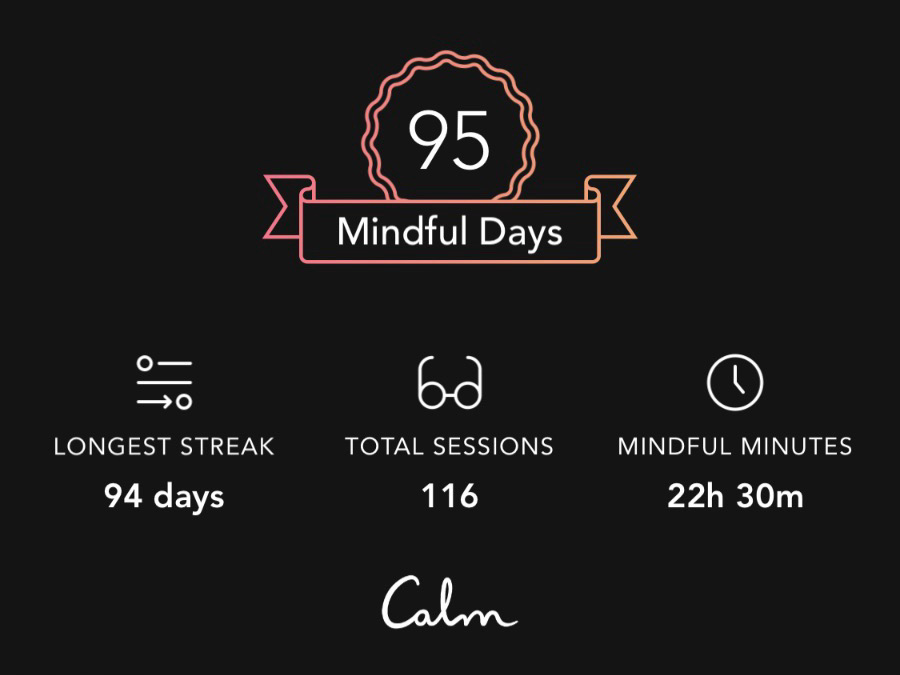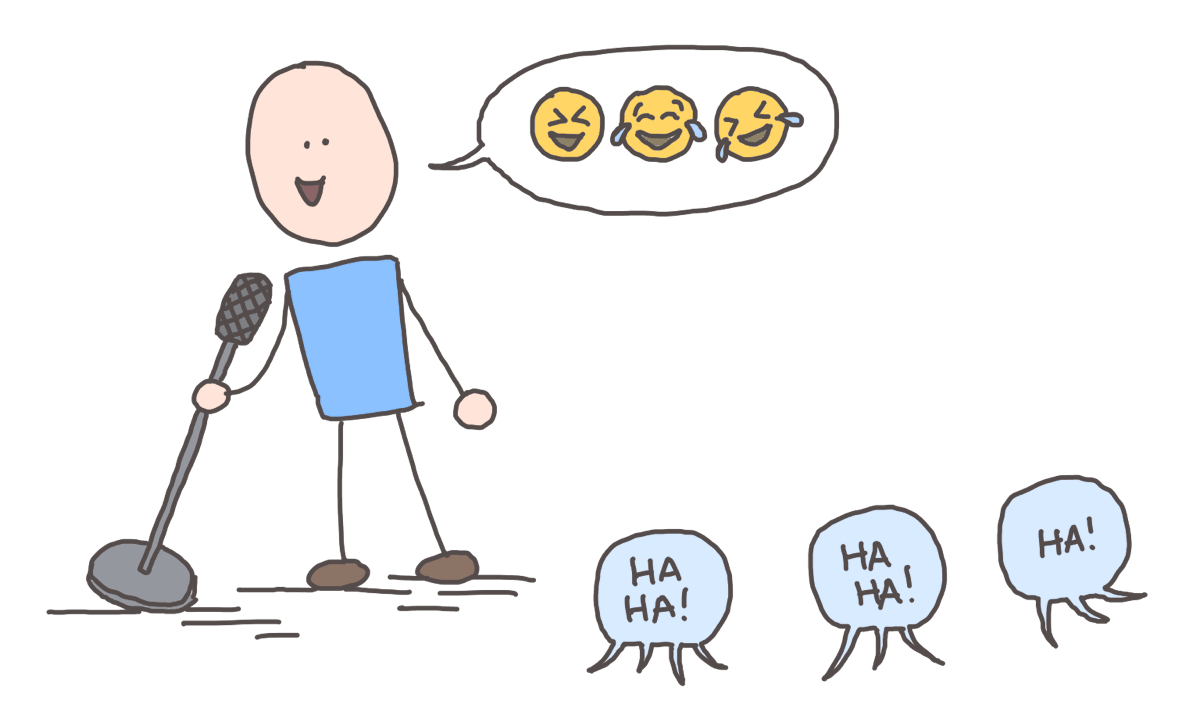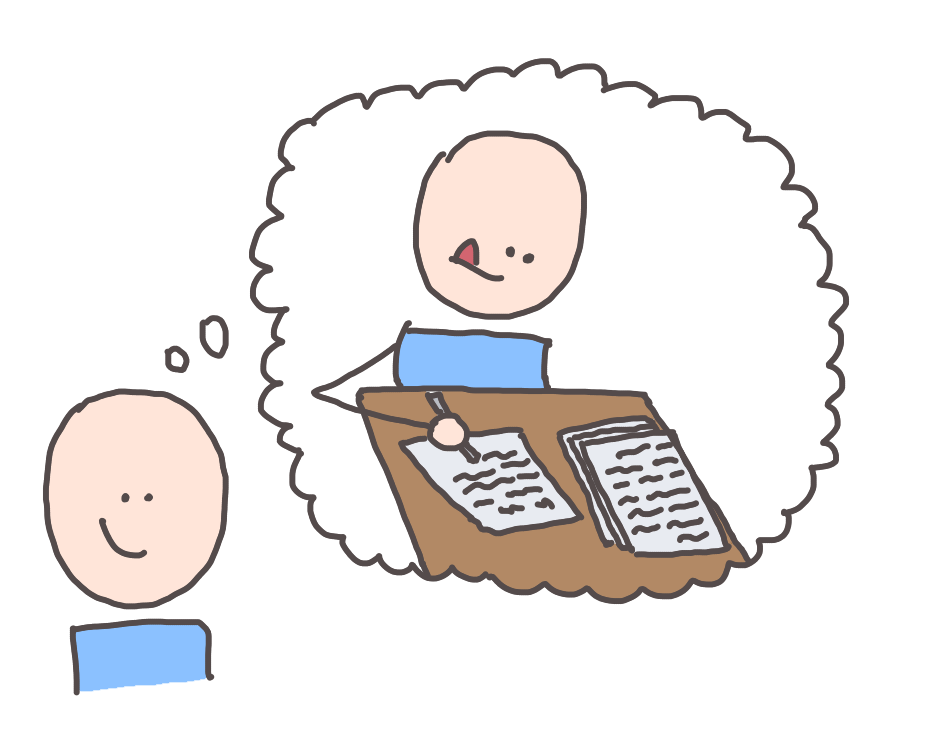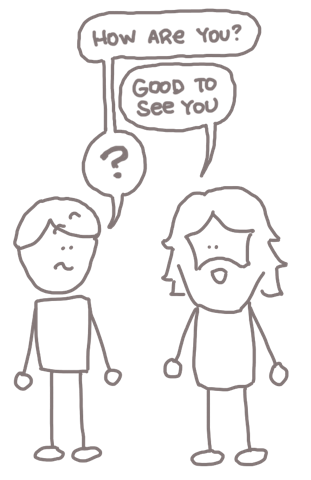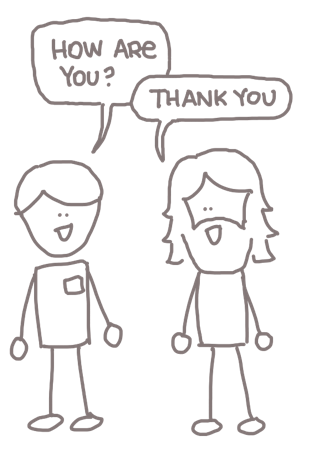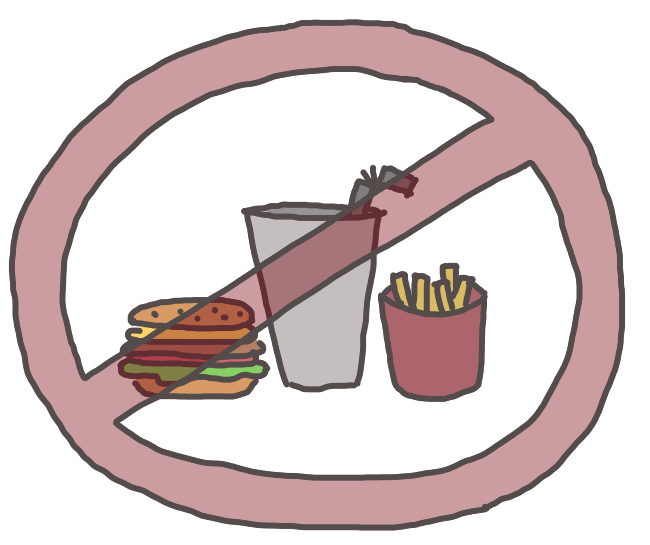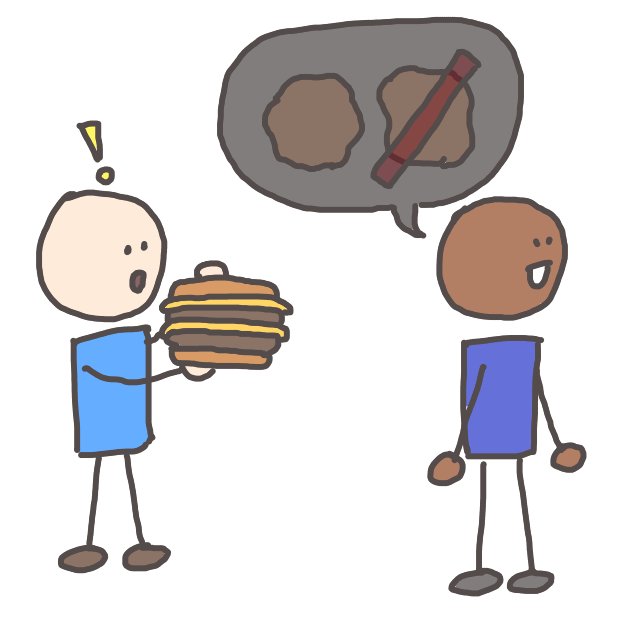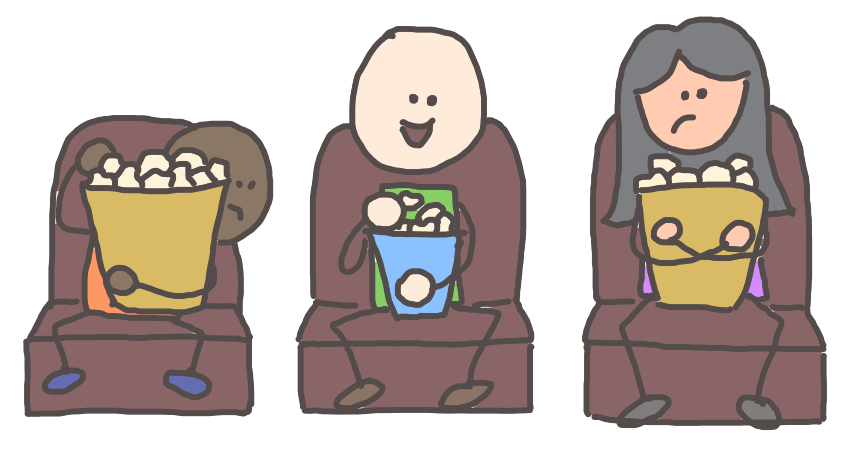🌀 More free time
One of the most common benefits that I have heard identified through the pandemic and quarantine was additional free time. Every time I heard that, my blood temperature went up a little bit more. My experience has been the complete opposite.
We are coming up on three months since many of us have been forced to work from home. Throughout that time, I have heard often about the surfeit of discretionary time that we all theoretically have. This has been so far from my experience that I wanted to consider it a bit deeper.
Part of the reason for the difference in my experience is that my wife and I have seven children, ages fifteen down to ten months. Before all of this began, I did have to commute for an hour and a half to two hours every day, and so I expected to have more time at my disposal. And in some ways, I did.
The interesting thing about time is that we never truly have more or less of it. The perceived differences from day to day, or year to year, are just that—perceived. Every one of us has exactly the same amount of time in every day. The issue is how we choose to spend it.
I have found that the feeling of having free time is largely a function of how much time appears to be in your control, with no pressing obligations. Once you feel a responsibility to do something with a block of time, it no longer feels like free time. This is the case even if the responsibility is completely self-imposed.
This is why spending hours consuming media is so seductive. When you choose to engage in a passive activity such as consumption, there is no feeling of responsibility. You allow yourself to cater to your whims, and in so doing, pursue an escape. The irony of this course of action is that you are usually just falling into the control of the algorithm, instead of being in control yourself. Big media companies know and understand how valuable your time and attention are, and have invested heavily in understanding how to co-opt that.
Because of my choices to have a large family, when I am faced with “extra” time during the day, by default, that time goes to my wife or children. I have to work to make a conscious decision to do something different. And since we are all together even more than before, my sense of time to myself in which I get to choose what I do is more diminished than ever.
The nice thing about writing about this is getting more clarity about my own situation. In the course of this article, I have gone from feeling frustrated at missing out on a shared experience that seems to be all around me, to reclaiming my sense of agency in knowing that I get to choose how to spend my time.
The minutes of our lives are a precious commodity that can easily be spent mindlessly. Those minutes turn into hours and days and months and years in which we can accomplish and grow and change, or stagnate and coast. I hope that I can remember the lesson of COVID-19 for me—there never is more or less free time in my life, just how I choose to use my twenty-four hours in the day.
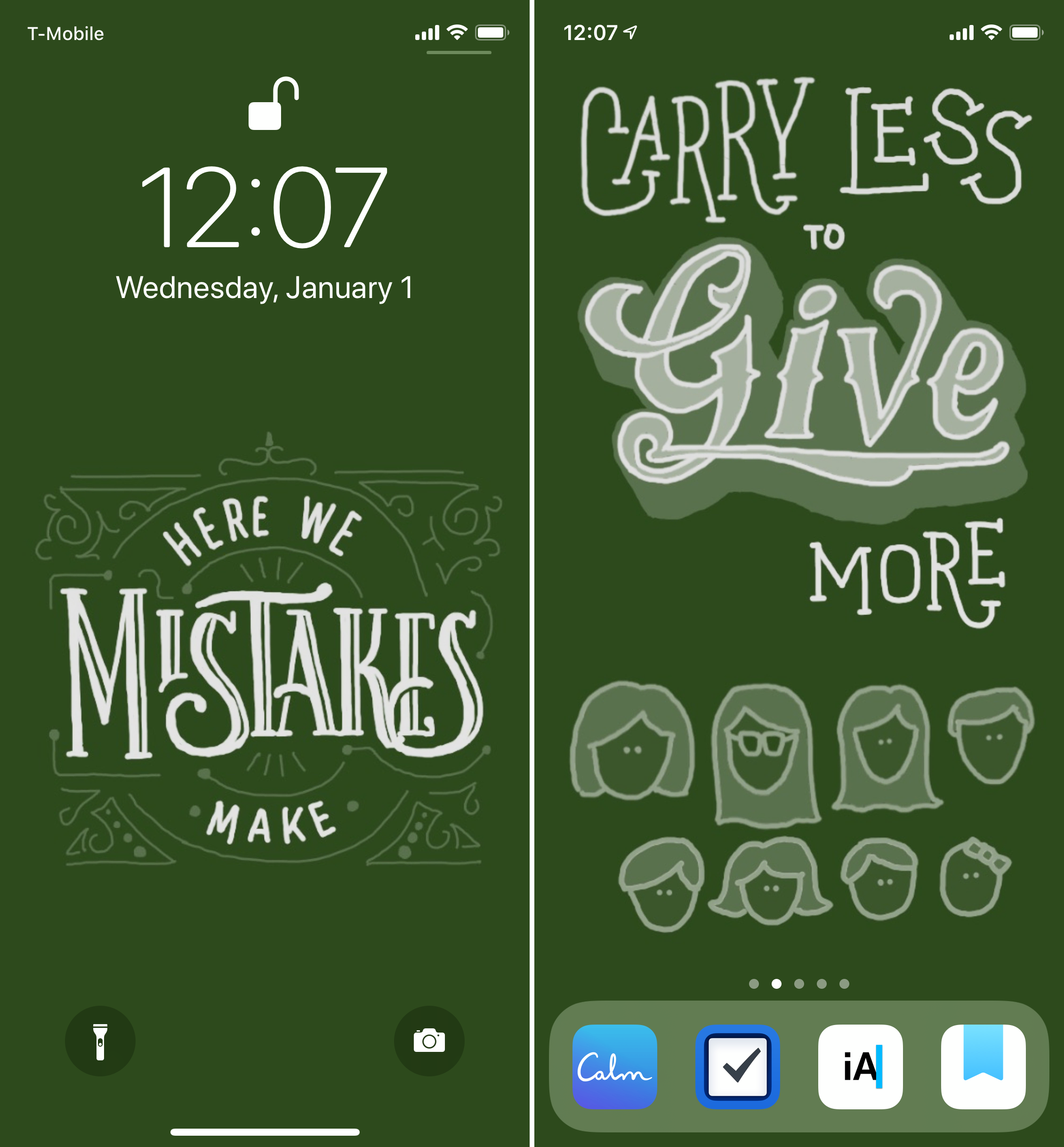
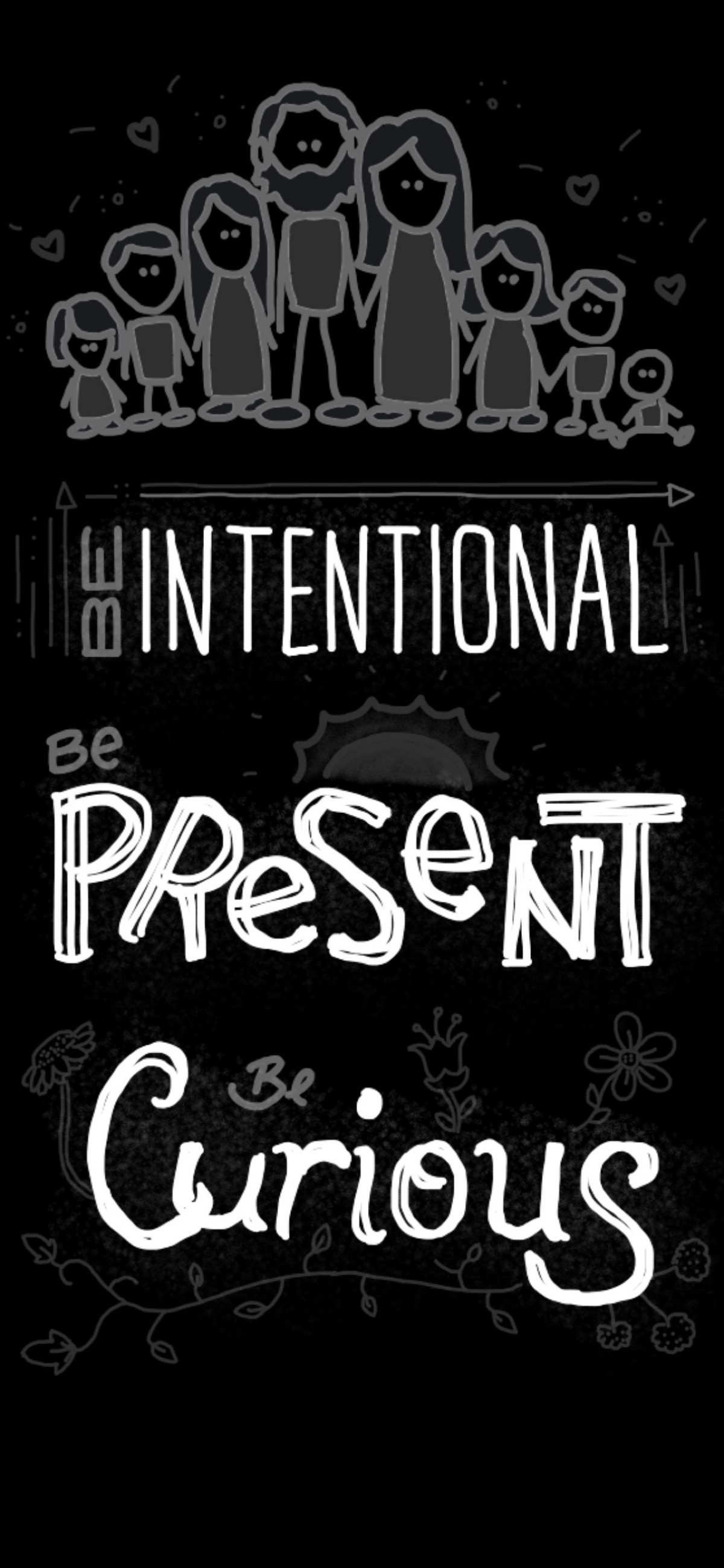
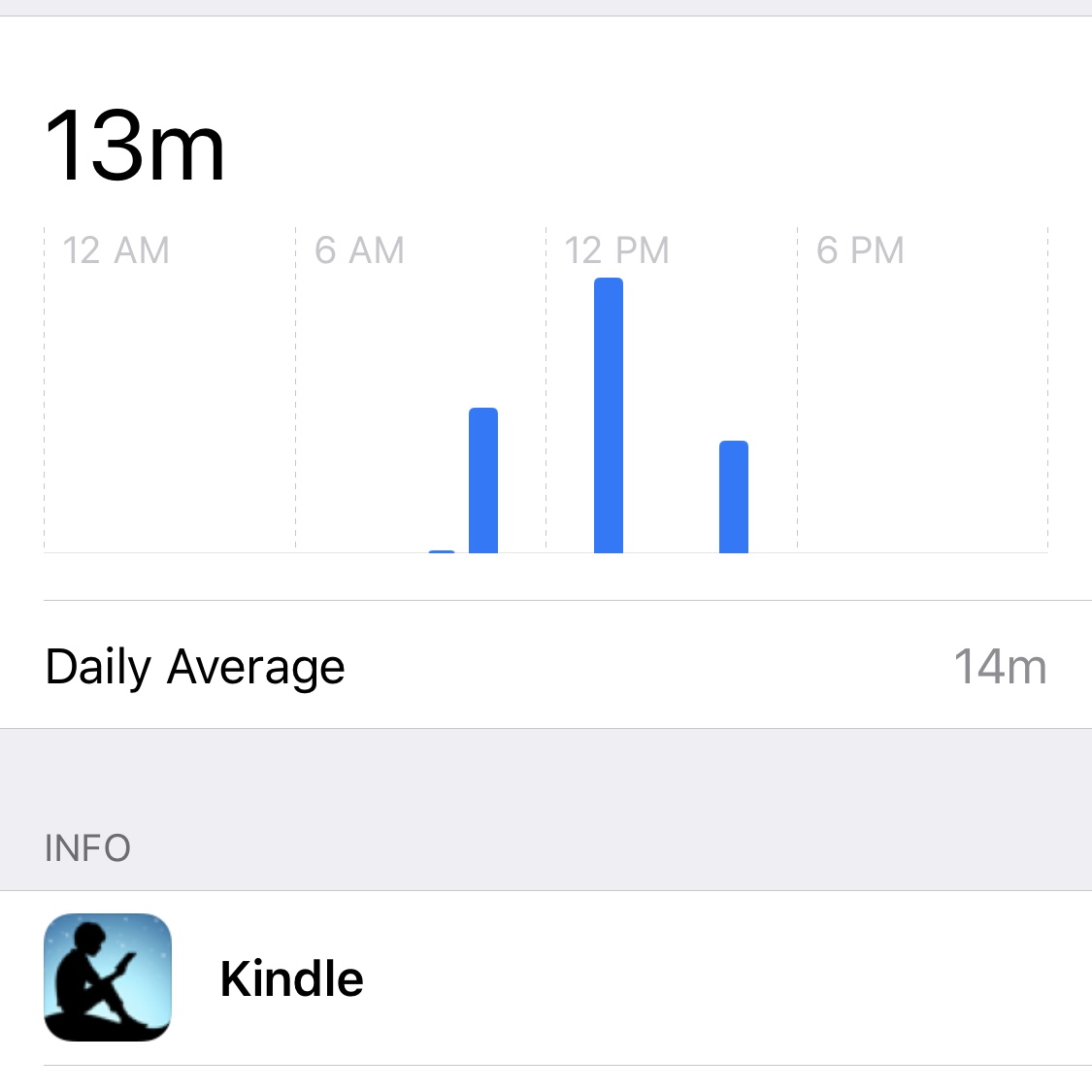 _A typical day’s usage of the Kindle app_
_A typical day’s usage of the Kindle app_
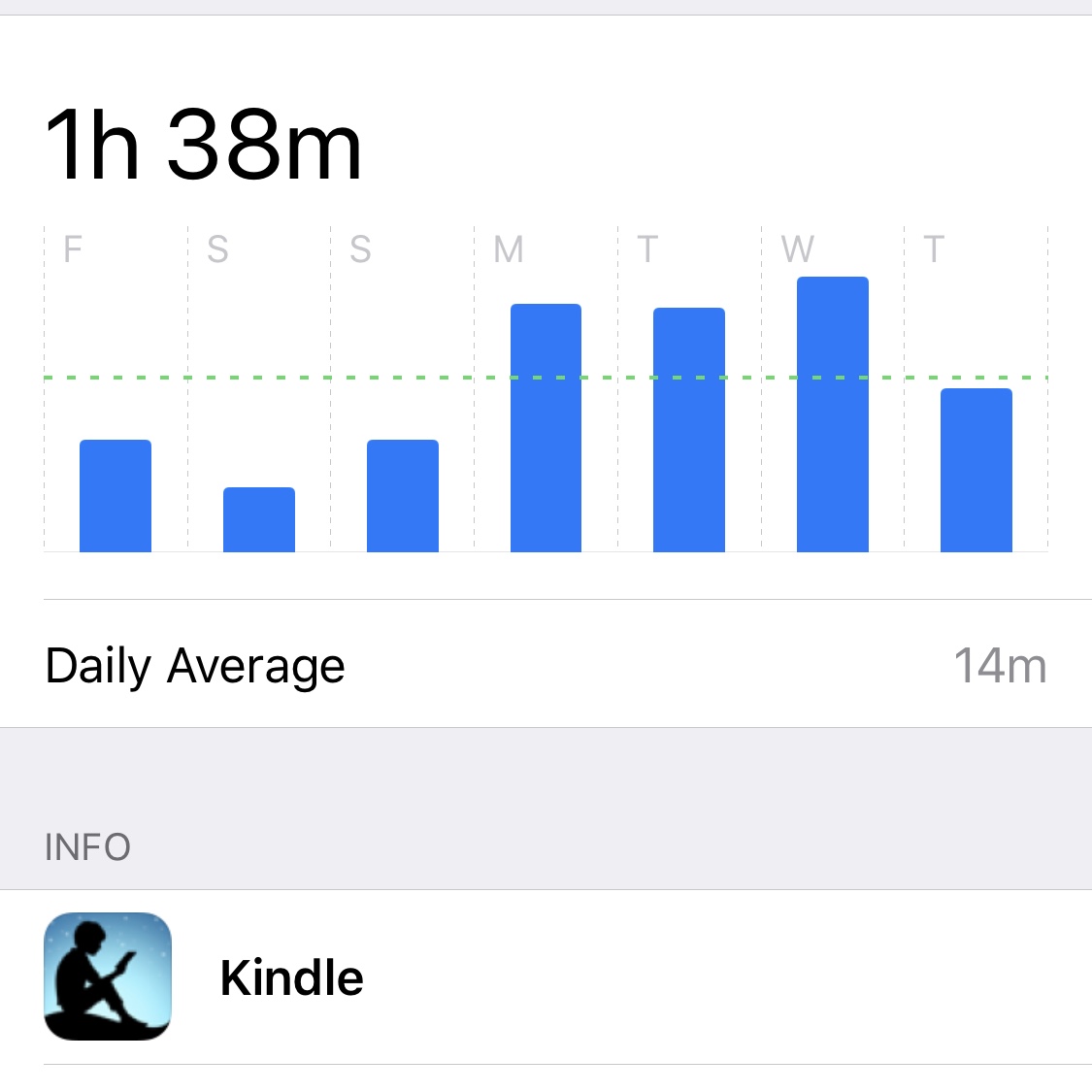 _A week’s usage of the Kindle app_
_A week’s usage of the Kindle app_

